Buying a Home in Virginia? Here’s Why Radon Testing Matters (Even with a Crawl Space)
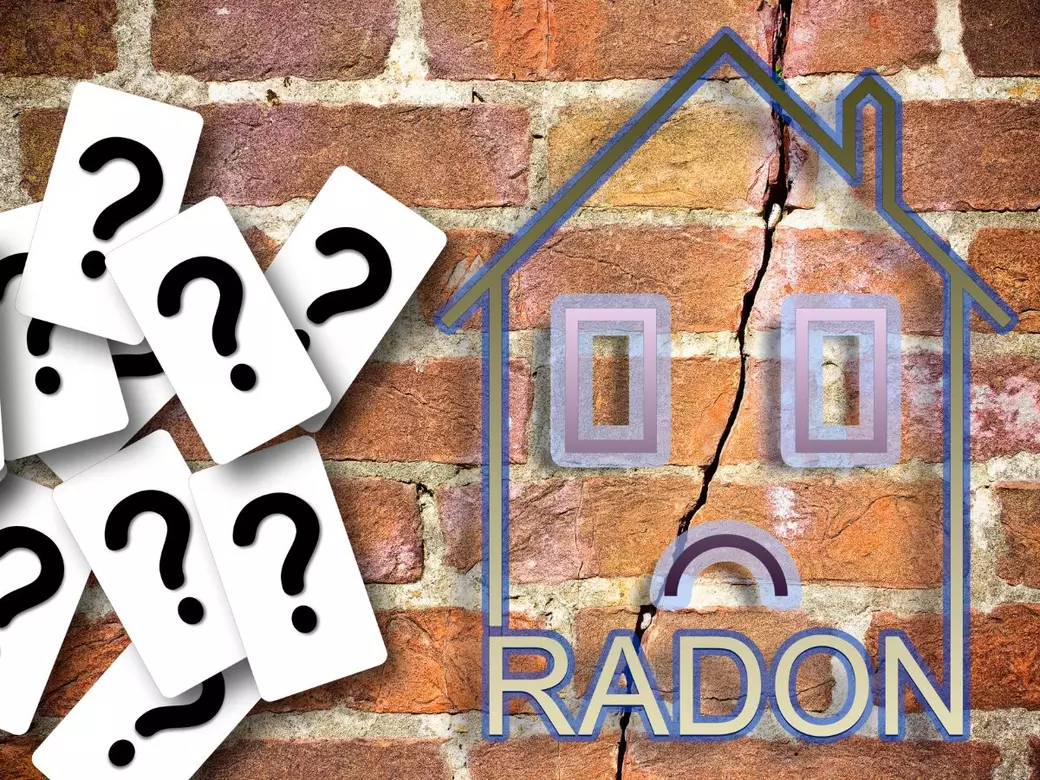
Why Radon Testing Is Essential When Buying a Home in Virginia | Protect Your Investment
Buying a home is exciting — whether you're a first-time buyer, building a new home, or buying a pre-existing home. But amidst the excitement, there's one hidden danger many buyers overlook: radon gas.
If you're like most people, radon might not even be on your radar. Yet, understanding it (and testing for it) could be one of the most important steps you take in protecting your health and your investment.
Let’s dive deep into what radon is, why it matters even if the home has a crawl space, how Virginia real estate contracts handle it, and why smart buyers make radon testing a priority.
What Is Radon and Why Should Homebuyers in Virginia Care?
Radon is a naturally occurring, colorless, odorless, radioactive gas. It forms from the natural decay of uranium in soil, rock, and water — and it can seep into homes through cracks and gaps in the foundation.
According to the Environmental Protection Agency (EPA), radon is the second leading cause of lung cancer in the United States, right behind smoking. In fact, the EPA estimates that radon exposure causes about 21,000 lung cancer deaths each year. What makes radon especially dangerous is that it can accumulate indoors without any obvious signs. Levels can vary dramatically from one home to the next, even within the same neighborhood. That's why regular testing is the only way to know if elevated radon levels are present inside a home.
Here’s the kicker:
-
You can’t see, smell, or taste radon.
-
The only way to know if a home has high radon levels is through testing.
-
The EPA recommends that indoor radon levels stay below 4.0 picocuries per liter (pCi/L).
Above that number? Mitigation is strongly advised to protect the health of everyone living in the home.
✅ So when you're buying a home, radon testing isn't just a nice-to-have — it's essential.
Myth Busting: Homes with Crawl Spaces Don’t Need Radon Testing… Right?
Wrong.
One of the biggest myths in real estate is that homes with crawl spaces are "safe" from radon.
The logic behind this myth goes like this:
-
Crawl spaces typically have vents.
-
Therefore, any radon gas can easily escape into the open air.
And while that might seem reasonable, the reality is much more complicated — and much riskier.
Here’s why you shouldn’t skip radon testing just because a home has a crawl space:
Winter Changes Everything
During colder months, homeowners are strongly encouraged to close off crawl space vents to protect plumbing from freezing temperatures, maintain warmer conditions under the home, and improve overall energy efficiency by reducing drafts and heat loss. However, sealing off these vents also reduces natural air circulation beneath the home, creating a more enclosed environment. Without proper ventilation, any radon gas seeping from the soil beneath the foundation can become trapped in the crawl space. Over time, that trapped radon can find its way into the home's living areas, potentially exposing the occupants to unsafe levels without them even realizing it.
Encapsulated Crawl Spaces
Many modern homes (and renovated older homes) have encapsulated crawl spaces. This means:
-
The crawl space is sealed off with heavy-duty plastic.
-
There are no vents to the outside.
-
Moisture, pests, and radon gas can become trapped.
In an encapsulated crawl space, radon can build up just like it does under a traditional slab foundation — often leading to high indoor radon levels.
✅ Bottom line: Even if the home you love has a crawl space, radon testing is a must. Don't take unnecessary risks with your family's health.
Does the Virginia Real Estate Contract Allow for Radon Testing?
Absolutely!
The Virginia Residential Real Estate Sales Contract includes a built-in option for home inspection, pest inspection, and environmental testing contingencies — including radon testing. When you make an offer on a home, you and your agent can negotiate a Home Inspection Contingency as part of your purchase agreement. This contingency period — typically 7 to 14 days — allows you to fully investigate the property’s condition, including ordering a professional radon test without risking your earnest money deposit.
Here’s what that means for you as a buyer:
-
You have the right to include a radon test during your home inspection period.
-
If high radon levels are found (above 4.0 pCi/L), you can negotiate repairs or request mitigation from the seller.
-
In some cases, if no agreement is reached, you have the right to terminate the contract without penalty.
It’s a built-in layer of protection designed to empower buyers — but you have to ask for the test and include it in your contract timeline.
How Much Does Radon Mitigation Cost in Virginia?
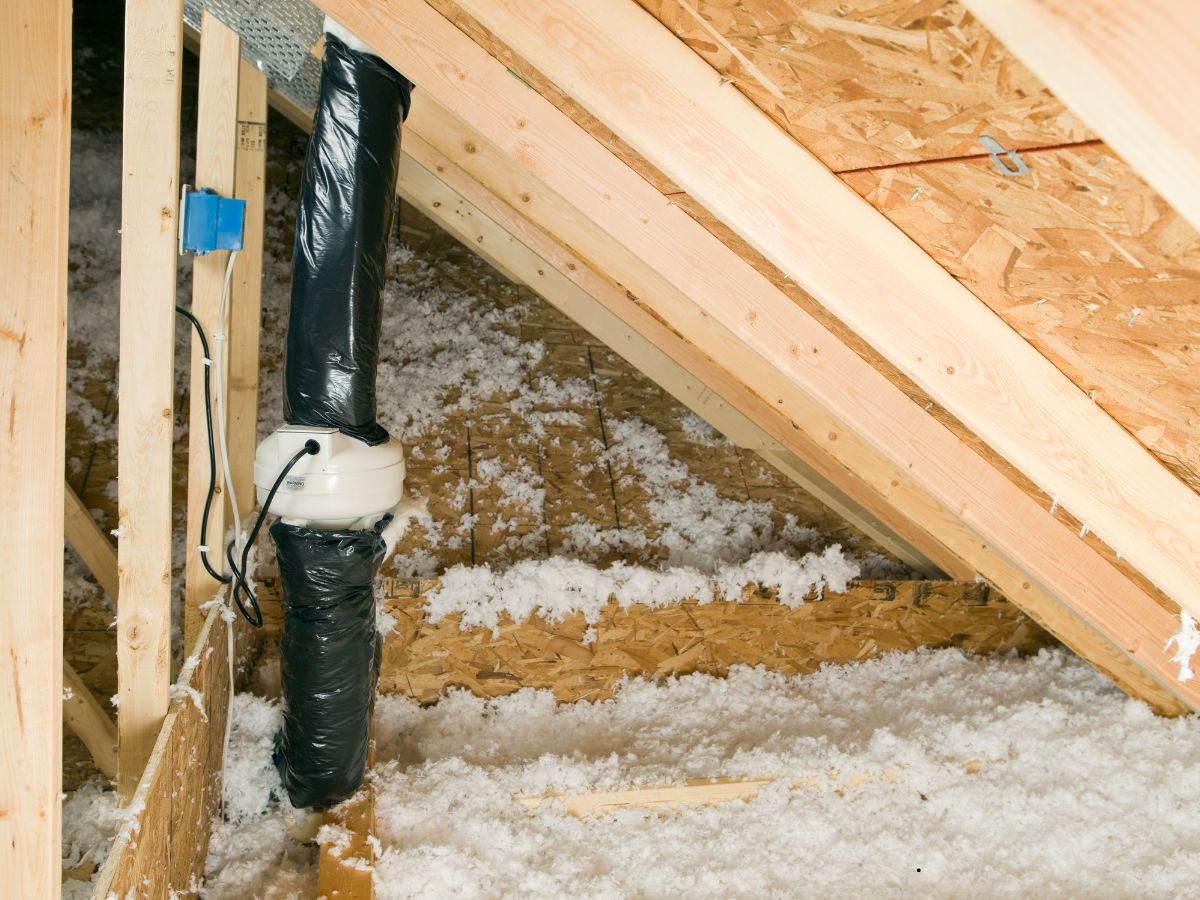
If radon levels are too high, don't panic! Radon mitigation systems are effective, relatively affordable, and can be installed quickly. Finding elevated radon levels during a home inspection isn't a dealbreaker, and it absolutely doesn't mean the home is unsafe forever.
It simply means action is needed — and solutions are readily available
Typical radon mitigation costs in Virginia range from $900 to $1,400, depending on factors like:
-
The size of the home
-
The home's foundation type (slab, crawl space, basement)
-
How complex the installation is
Radon mitigation systems are designed to actively pull radon gas from beneath your home and vent it safely outside, before it ever has a chance to accumulate indoors. Most systems use a sub-slab depressurization method, where a small pipe is inserted below the foundation and connected to a quiet exhaust fan that runs full time. Larger homes might require more powerful systems or multiple exhaust points, which can push costs higher. But for most average-sized homes, you’ll be looking at less than the cost of a monthly mortgage payment. The good news is most professional radon mitigation companies can install a complete system in just one day.
And best of all?
A home with an installed radon mitigation system can be even more attractive to future buyers — it shows that the home is well-maintained and that health risks have been addressed.
VA Loans and Radon Testing: What Military Families Should Know
If you're planning to use a VA loan, you might wonder: "Does the VA require radon testing?"
Here’s the answer:
-
The VA itself does not require radon testing as part of the loan process.
-
However, you can and should request it as part of your home inspection contingency.
Why?
Military families move frequently, and protecting your investment and your family’s health is critical — especially if you’ll be renting the home out later.
Mitigating radon issues now could save you (and your future tenants) a lot of headaches and health concerns down the road.
In short: Even if it’s not mandatory for VA loans, it’s smart.
How Radon Testing Works During a Home Purchase
The good news? Radon testing is easy and affordable during the home-buying process.
Here’s how it usually works:
-
Schedule the test during your regular home inspection period.
-
Certified inspectors will place a radon testing device (either a passive canister or an active electronic monitor) in the lowest livable area of the home.
-
Testing typically lasts 48 hours.
-
Results are analyzed, and you'll receive a report showing the radon levels in the home.
If the levels come back above 4.0 pCi/L, you can work with your agent to negotiate installation of a mitigation system — or, in rare cases, walk away from the deal.
Final Thoughts: Don’t Skip Radon Testing — Your Health and Investment Deserve It!
Buying a home is one of the biggest investments you'll ever make — both financially and emotionally.
✅ Protect it.
✅ Protect your family.
✅ Test for radon.
The reality is, radon doesn’t discriminate. It doesn’t care if the home is new construction, built on a crawl space, has a finished basement, or sits proudly on a hilltop. Any home, anywhere in Virginia, could have elevated radon levels. Without testing, you’re simply guessing — and when it comes to your family’s health, guessing isn’t good enough.
A radon test during your home inspection is quick, affordable, and gives you peace of mind. Plus, if issues are found, you’ll have the chance to negotiate with the seller before you finalize your purchase — potentially saving you thousands of dollars and countless worries down the line. Smart buyers don’t skip this step. Neither should you.
Whether you're a first-time buyer excited for a fresh start or someone building your dream home from the ground up, you deserve to move forward with complete confidence. Choosing to test for radon isn't just about checking a box. It's about ensuring that the place you call "home" is truly safe, secure, and a solid foundation for your future.
Categories
Recent Posts
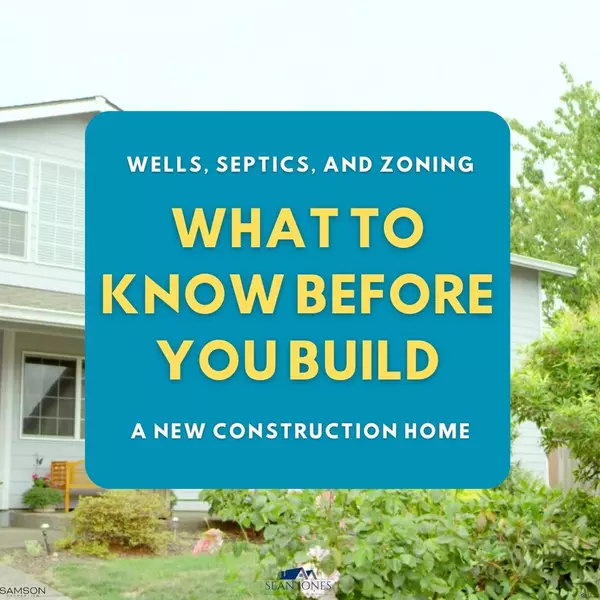
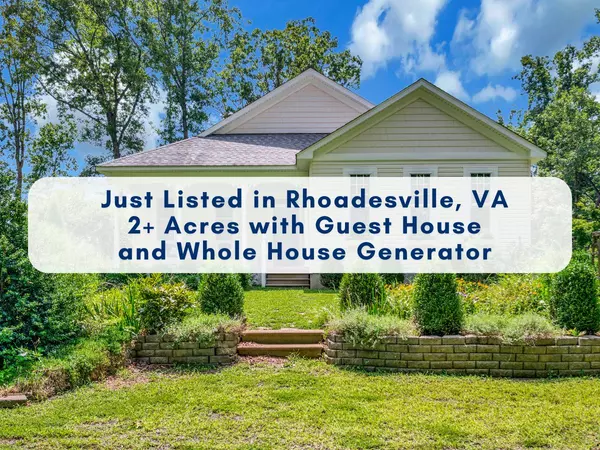

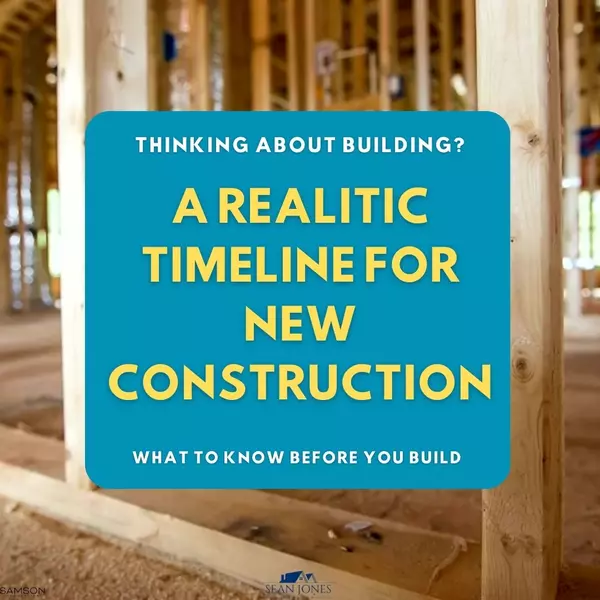
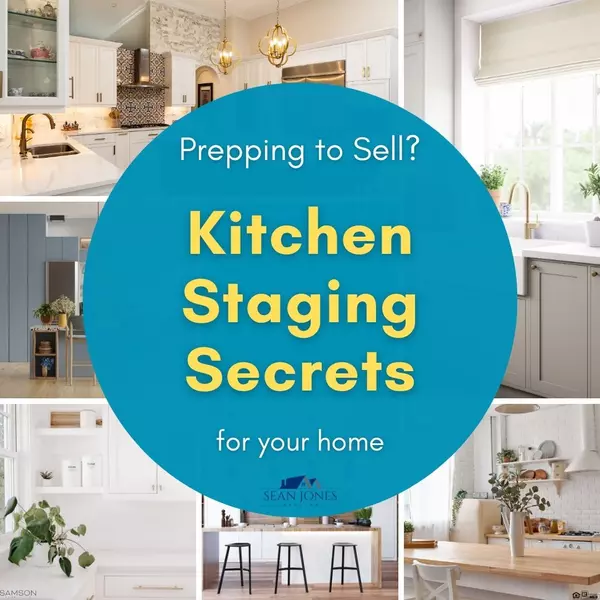


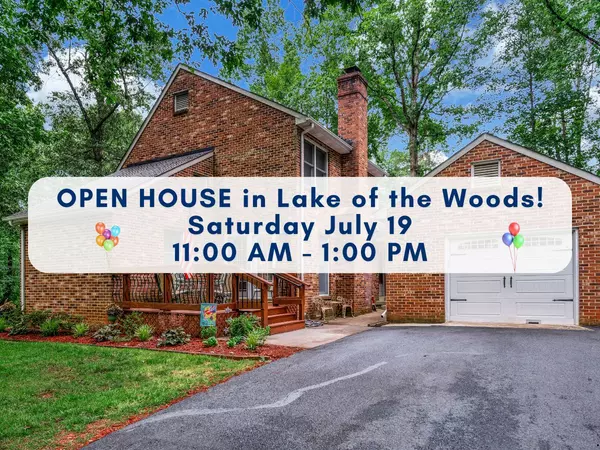


Buying a home isn’t just a financial decision—it’s a deeply personal journey filled with hopes, dreams, and big life changes. That’s why choosing the right real estate professional is one of the most important steps you can take.
A knowledgeable and experienced REALTOR® does more than open doors and write offers. They’re your advocate, your problem-solver, and your steady guide through what can sometimes feel like an overwhelming process. Whether it's navigating a competitive market, negotiating on your behalf, or keeping things on track behind the scenes, the right agent is there to protect your interests every step of the way.
In the end, buying a home should be an empowering experience. With the right person by your side—someone who brings both expertise and heart—you can move forward with confidence, knowing you're in good hands with Sean Jones.
GET MORE INFORMATION

